
How To Find Low-Competition Keywords For SEO?
Cotgin Analytics
23-Sep-2024
In this fast-growing digital world, it is complicated to find the right keywords for your content, and it is a crucial step to achieving success in digital marketing. With so many competitors outside, using low-competition keywords for SEO plays a great role in the growth of a business. Using relevant, accurate, and right keywords to improve your website’s rank on search engine result pages is a very important task for any organization. Taking the help of an SEO company in Noida, that will find low-competition keywords, can be fruitful to the brand in digital marketing. But firstly you need to understand the importance of low-competition keywords for SEO.
Need of Low-Competition Keyword
The keywords that are used or targeted by less number of websites are called low-competition keywords. These keywords have lower search volume and are less competitive. Yet, they provide your website the opportunity to rank itself higher in the search results of various search engines like Google with less effort requirements. Using low-competition keywords can be a very effective and time-saving digital marketing strategy for startups, small businesses, and even established businesses. Hiring an SEO company can help you identify these keywords easily and build your content to attract your target audience, improving your CTR (click-through rates) and helping you stand out in digital marketing.
5 Steps to Find Low-competition Keywords
1. Search extended keywords
Use long-tailed keywords in your content which means, the long phrases used by the users to search their queries. This extended keyword has low competition and lower search volume but helps your website rank higher. For example, you can write “best and low-cost SEO companies” instead of “SEO companies”. Using these keywords helps people visit your website as they are targeted and your audience is especially interested to read the content related to the keyword used. This makes your content and website more valuable and relevant ultimately increasing your conversion rates.
2. Visit competitor's websites
One of the crucial and effective steps to finding low-competition keywords is to analyze your competitors. Make a reading looking for websites that are ranked higher for the broad keywords. Using tools like Ahrefs and SEMrush will help you to see the keywords used by your competitors to rank their websites higher in the search engines. Keep an eye on the keywords used by your competitors that help them rank high and the keywords they missed that ranked their website low in the search engines. Use these keywords in your content for better outcomes.
3. Utilize Google’s auto-suggest feature
Google’s auto-suggest feature is one of the simplest ways to find low-competition keywords. When you search by typing in the Google search bar for a particular topic, it automatically starts suggesting related searches. This is a great source for finding low-competition keywords. Also, when we scroll down to the bottom Google shows related searches at the bottom of the search result page. There you can find other keywords used by the users while making a particular search on the search engines.
4. Find the search objective
It is important to know the search intent of your target audience, which means the reasons behind the questions and queries that are put up by them on the search engines. Once you know and understand the user's search intent, you can find the low-competition keywords. This will help in creating high-quality content that resonates with your audience and they can find answers to their queries according to their needs. Search intent can be, informational, navigational, transactional, or commercial investigation, which means a user comes to the search engine when looking for some information, trying to find a specific website, wants to buy products and services online or the user is performing research before making a purchase.
5. Use Keyword tools
To find low-competition keywords in digital marketing, there are countless keyword research tools available online like Google Keyword Planner, Ahrefs, Ubersuggest, Moz Keyword Explorer, etc. These tools help you in various ways including; providing competition data, search volume, keyword ideas, offering the keyword difficulty score, analysis of the competitors, and identifying extended keywords. Utilizing these tools will get you a list of keywords that are relevant, relatable, and can compete.
Conclusion
To succeed in the digital market and to build an outstanding SEO strategy, is an important part of finding low-competition keywords. Using the above-mentioned tips and steps will help you find low-competition keywords. By looking for niche keywords, you can use specific keywords that match your nearby industry and you can target a particular area. Utilizing keyword search tools can also be very helpful along with focusing on the long-tail keywords and analyzing your competitors. Make your task of finding low-competition keywords by using Google’s auto-suggest feature and also find keywords in the related searches suggested by Google at the bottom of the search result page.
This is how you can identify the keywords that will help your website rank higher and create your content using these keywords to attract and engage more target audiences. SEO companies not only help you to find keywords that can compete and help your site rank higher but they also find the right keywords that have less competition and resonate with the audience, and this will ultimately help you enhance your online presence and achieve sustainable growth in your company.
Read Also - 10 Free Ways To Promote Your Business
Other Recent Blog

What Is Generative Engine Optimization (GEO)?
Cotgin Analytics |14-Oct-2024

Best Digital Marketing Strategies For Healthcare Industry
Cotgin Analytics |10-Oct-2024

Benefits Of Personalized Marketing For Your Business
Cotgin Analytics |08-Oct-2024

A Step-By-Step Guide To Create Google Web Stories In WordPress
Cotgin Analytics |26-Sep-2024

How To Find Low-Competition Keywords For SEO?
Cotgin Analytics |23-Sep-2024

10 Free Ways To Promote Your Business
Cotgin Analytics |19-Sep-2024

Top Digital Marketing Strategies For B2C Brands
Cotgin Analytics |17-Oct-2024

How To Increase Engagement On Instagram?
Cotgin Analytics |16-Sep-2024

Top 7 Duplicate Content Checker Tools For Website Content
Cotgin Analytics |13-Sep-2024

10 Tips to Create A High-Performing PPC Campaign
Cotgin Analytics |09-Sep-2024

6 Digital Marketing Strategies For Startups
Cotgin Analytics |06-Sep-2024

What Is Core Web Vitals And How To Audit Them?
Cotgin Analytics |03-Sep-2024

List Of All Facebook Offices In India
Cotgin Analytics |22-Aug-2024

Digital Marketing Strategy For Manufacturing Companies
Cotgin Analytics |13-Nov-2024

What Is B2B SEO? And Tips To Build Your B2B SEO Strategy?
Cotgin Analytics |11-Nov-2024

Best Digital Marketing Strategies For Doctors
Cotgin Analytics |06-Nov-2024

Top 10 Digital Marketing Strategies For Travel Agencies In India
Cotgin Analytics |30-Aug-2024
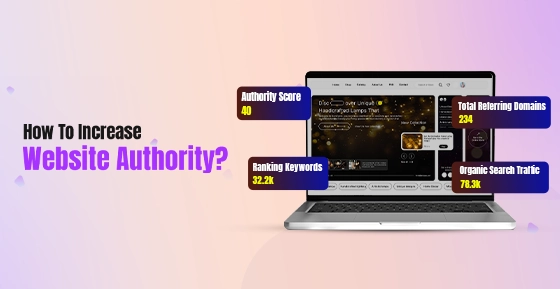
How To Increase Website Authority?
Cotgin Analytics |26-Aug-2024
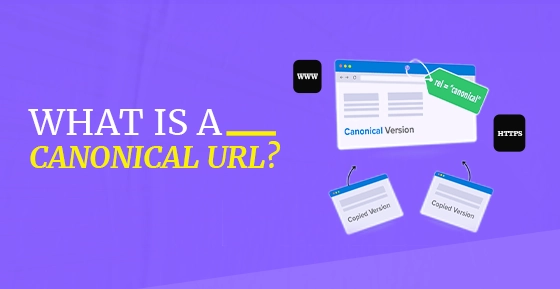
What Is A Canonical URL?
Cotgin Analytics |20-Aug-2024

Does Your Domain Name Affect Your SEO?
Cotgin Analytics |14-Aug-2024

10 Tips For Writing Headlines That Boost Your Click-Through Rate
Cotgin Analytics |12-Aug-2024

10 Common SaaS SEO Mistakes And How To Avoid Them In 2024
Cotgin Analytics |08-Aug-2024

How To Create 3D Social Media Images?
Cotgin Analytics |06-Jun-2024

What Is Spam Link And How To Avoid Spam Links On Your Website?
Cotgin Analytics |01-Aug-2024

How To Increase Organic Traffic On Your Website?
Cotgin Analytics |30-Jul-2024
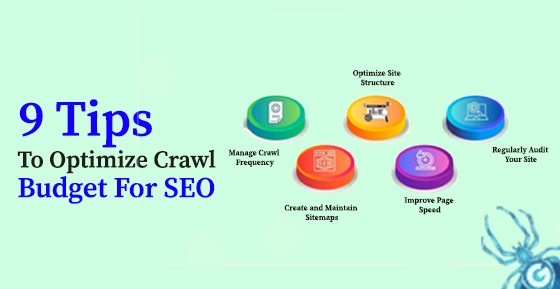
9 Tips To Optimize Crawl Budget For SEO
Cotgin Analytics |25-Jul-2024

Best Social Media Management Tools In 2024
Cotgin Analytics |23-Jul-2024

How To Write High-Quality Content in 2024
Cotgin Analytics |15-Jul-2024

8 Proven Strategies For Conversion Rate Optimization
Cotgin Analytics |04-Jul-2024

8 Effective Social Media Marketing Strategies For Business Growth
Cotgin Analytics |26-Jun-2024

The Best e-Commerce Market Places for Business - Leading Platforms
Cotgin Analytics |18-Jun-2024

The Future of Blockchain Technology in Digital Marketing
Cotgin Analytics |11-Jun-2024

Different Types of Featured Snippets - A Shortcut to the Top of Google
Cotgin Analytics |04-Jun-2024

Future of SEO: Expect from Google's AI Updates
Cotgin Analytics |28-May-2024

Exploring the Digital World - with the Help of Digital Marketing Strategy
Cotgin Analytics |21-May-2024

Instagram for Business - Grow Your Business and Drive Results
Cotgin Analytics |14-May-2024

Types of Mobile App Development Services - the Era of 5G
Cotgin Analytics |06-May-2024

Best AI Tools for Business Marketing and Success
Cotgin Analytics |29-Apr-2024
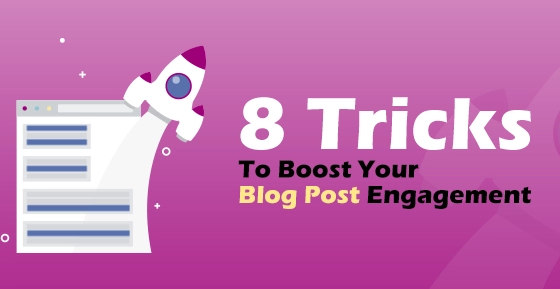
How To Increase Blog Engagement & Drive More Interaction?
Cotgin Analytics |08-Apr-2024
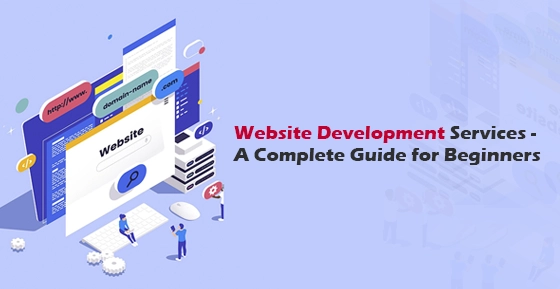
Website Development Services: A Comprehensive Guide
Cotgin Analytics |03-Apr-2024

7 Reasons Why Your Website Has A High Bounce Rate
Cotgin Analytics |01-Apr-2024

7 Ways To Increase Your Mobile App Downloads
Cotgin Analytics |28-Mar-2024

10 Email Marketing Strategies To Maximize Your Earnings In 2024
Cotgin Analytics |26-Mar-2024

Importance of Link Building For the Success of your Website
Cotgin Analytics |22-Mar-2024

Useful ChatGPT Prompts To Create An Outstanding Mobile Application
Cotgin Analytics |21-Mar-2024
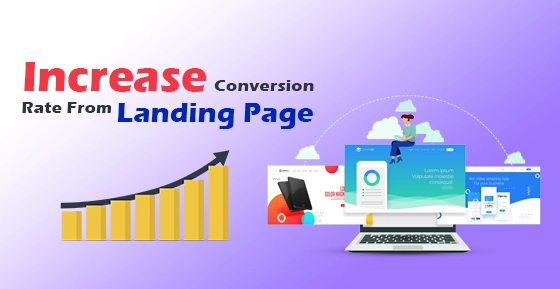
How To Increase Conversion Rate From Landing Page?
Cotgin Analytics |18-Mar-2024

What Digital Marketing Company Should Know About Google’s Core Updates 2024?
Cotgin Analytics |15-Mar-2024

What To Keep In Mind While Redesigning A Website?
Cotgin Analytics |12-Mar-2024

Top 8 Video Marketing Strategies To Grow Your Business
Cotgin Analytics |08-Mar-2024

Why Business Need Omnichannel Strategy?
Cotgin Analytics |06-Mar-2024

Mastering In LinkedIn Advertising :Tips to Targeting B2B Audiences
Cotgin Analytics |04-Mar-2024

Web Development Technologies To Use In 2024
Cotgin Analytics |01-Mar-2024

Best Content Marketing Trends You Need To Know In 2024
Cotgin Analytics |28-Feb-2024

Emerging Digital Marketing Trends You Must Know
Cotgin Analytics |26-Feb-2024

Top Technologies For Metaverse Development
Cotgin Analytics |23-Feb-2024

Features You Must Consider In ECommerce Website
Cotgin Analytics |21-Feb-2024

Best 10 SEO Tools to Improve Ranking
Cotgin Analytics |15-Feb-2024
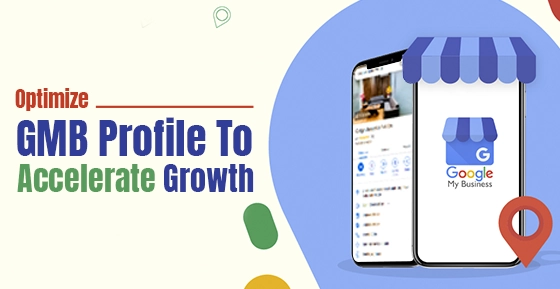
How To Optimize Google My Business Profile To Accelerate Growth?
Cotgin Analytics |14-Feb-2024

How Is SEO Different From PPC?
Cotgin Analytics |01-Feb-2024

Which Is Better For Your Website Wordpress Or PHP?
Cotgin Analytics |19-Jan-2024

Best 9 Ways To Decrease Cost Per Leads In Google Ads Campaign
Cotgin Analytics |16-Jan-2024

Why Is E-Learning App Important For Education In 2024?
Cotgin Analytics |12-Jan-2024
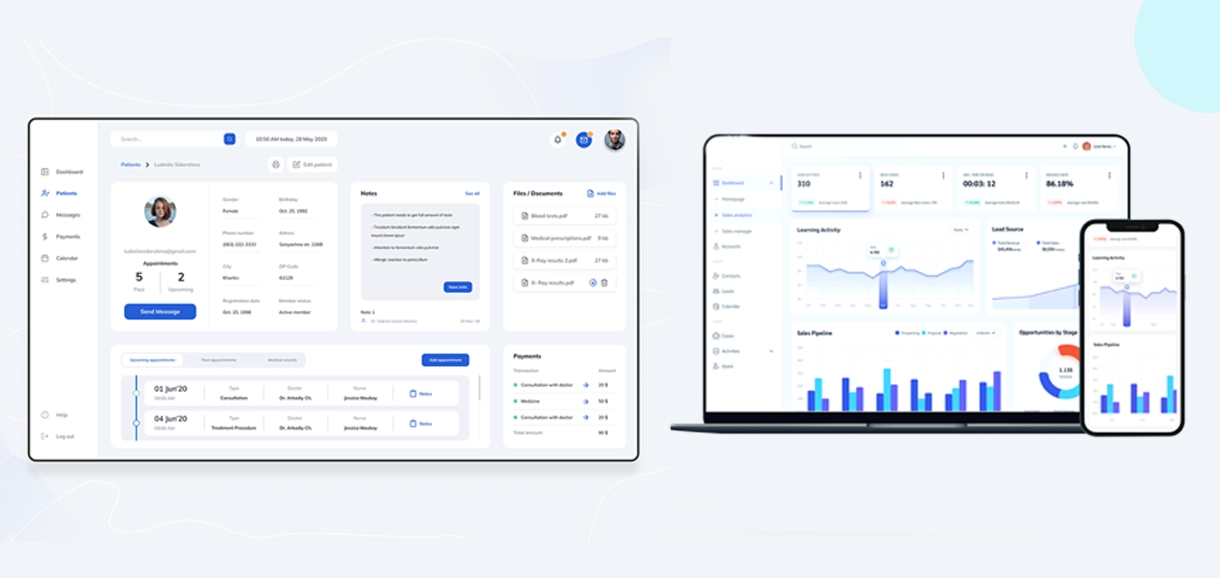
How CRM Can Help Your Business To Boost Sales?
Cotgin Analytics |11-Jan-2024

How To Choose Ecommerce Website Design Company For Online Store?
Cotgin Analytics |03-Dec-2023

Top Reasons Why Your Business Needs SEO
Cotgin Analytics |05-Nov-2024

How To Use Google Shopping Ads Effectively To Boost Your Sales?
Cotgin Analytics |09-Dec-2024

Top Ways To Increase Your Mobile App Downloads
Cotgin Analytics |18-Dec-2024

Why Do Companies Spend On Advertising?
Cotgin Analytics |26-Dec-2024

Optimizing H1 Tags For Better SEO Results
Cotgin Analytics |03-Jan-2025

Why Laravel Is The Key To Your Next Successful Web Project?
Cotgin Analytics |07-Jan-2025

Advantages Of WordPress Development In 2025
Cotgin Analytics |10-Jan-2025

What Is The Importance Of SEO For An E-commerce Website?
Cotgin Analytics |14-Jan-2025

What Is The Difference Between UI/UX Design And Web Design?
Cotgin Analytics |16-Jan-2025

Why Your Business Needs A Professional Logo Design?
Cotgin Analytics |20-Jan-2025

How To Become Great IN Content Writing?
Cotgin Analytics |23-Jan-2025

Digital Marketing Tips For Law Firms
Cotgin Analytics |29-Jan-2025

What Are The Benefits Of Laravel Development?
Cotgin Analytics |31-Jan-2025

Web Design Services: Your Gateway To Digital Success
Cotgin Analytics |04-Feb-2025

Transform Your Website With A Premier PHP Web Development Company In Delhi
Cotgin Analytics |07-Feb-2025

Top Google Ads Trends You Cannot Ignore In 2025
Cotgin Analytics |13-Feb-2025

What Is A Landing Page And How Would You Use It?
Cotgin Analytics |14-Feb-2025

Maximize Your Social Media Impact With SMO Techniques
Cotgin Analytics |19-Feb-2025

Common Google Ads Mistakes And Process To Avoid Them
Cotgin Analytics |24-Feb-2025

How To Improve Website Performance?
Cotgin Analytics |27-Feb-2025

How Content Writing Services Can Transform Your Online Presence?
Cotgin Analytics |03-Mar-2025

What Is The Main Purpose Of Chatbot?
Cotgin Analytics |10-Mar-2025

What Is Organic Traffic? & How To Drive It To Your Website?
Cotgin Analytics |12-Mar-2025

Mastering Responsive Website Design For Better Performance
Cotgin Analytics |17-Mar-2025

How A WordPress Development Agency Can Elevate Your Online Presence?
Cotgin Analytics |21-Mar-2025

Why Your Business Needs A UI/UX Design Agency In 2025?
Cotgin Analytics |24-Mar-2025

How An SEO Agency In Delhi Can Elevate Your Search Ranking?
Cotgin Analytics |27-Mar-2025

Innovative Logo Design Services In Delhi To Boost Your Business
Cotgin Analytics |31-Mar-2025

The Importance Of Regular Website Maintenance For Long-Term Growth
Cotgin Analytics |03-Apr-2025

Google Ads vs. Facebook Ads: What Works Best For Brand Growth?
Cotgin Analytics |08-Apr-2025

Boost User Engagement With Dynamic Website Designing In 2025
Cotgin Analytics |11-Apr-2025

Mobile-Friendly E-commerce Design: Why It Matters More Than Ever?
Cotgin Analytics |15-Apr-2025

Future-Proof Your Business With A Website Development Agency
Cotgin Analytics |18-Apr-2025
Brief us your requirements below, and let's connect.
